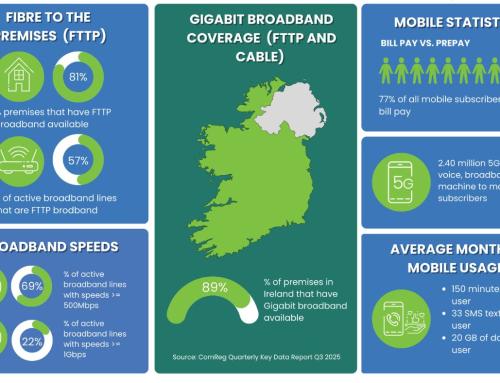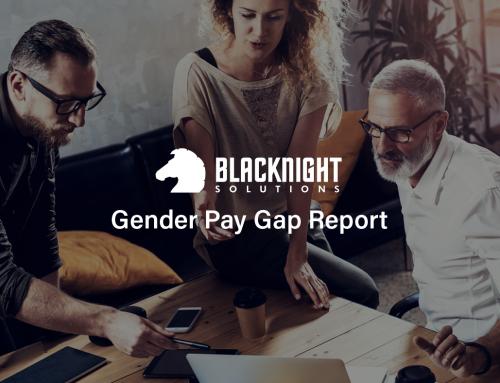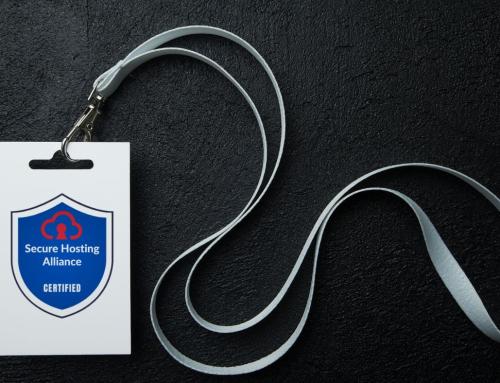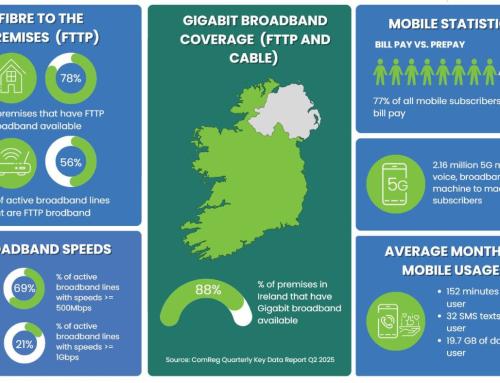The following article was published earlier today in Washington Internet Daily. It is reproduced here with the publisher’s permission. I posted a related article on my domain blog earlier this week.
Registrar Network Solutions could face legal action over its practice of locking in domain names that are searched but not bought, Michigan attorney Enrico Schaefer said Thursday. The action violates consumer protection laws banning deceptive business practices, he said. There’s no indication on Network Solutions’s website that use of its free availability search prevents other registrars from offering the name, he said. “We are considering a class action,” Schaefer told us. Network Solutions defended the process as a shield for customers against other front-runners.
The practice, “domain name front-running”(DNFR) may differ from the term in its best known sense. In November, .uk registry Nominet published a paper on its experience with DNFR, calling it a “technique believed to exist, but so far unproved, whereby one person monitors the activity of a second person who is planning to register a domain name and the first person then registers the domain name before the second person.” Nominet concluded that DNFR “in the most common sense of someone tracking your actions to register a domain just before you can, does not exist.”
DNFR is under investigation by ICANN’s Security and Stability Advisory Committee, which in October issued an advisory on the practice and is assessing the resulting comments, an ICANN spokesman said. The panel defined DNFR as “the opportunity for a party with some form of insider information to track an Internet user’s preference for registering a domain name and preemptively register that name.” It preliminarily found insufficient evidence that any party involved in the registration process engages in DNFR. Nor did it set standards for judging whether monitoring name availability is acceptable or not.
Network Solutions’ ploy is “more nefarious,” said Michele Neylon, managing director of Irish hosting and domain registration company Blacknight Internet Solutions. He agrees with Nominet that DNFR, in classic form, doesn’t take place. But Network Solutions automatically registers names that prospective buyers query on its site and warehouses them preventing them from being offered by any other registrar and ensuring that consumers are stuck paying Network Solutions’s often higher prices, Neylon said.
Network Solutions Vice President of Policy Jonathon Nevett responded Tuesday to the allegations, calling the practice a security measure meant to allay customer concerns about DNFR. The measure kicks in when someone searches for an available domain but decides not to buy it immediately after the search, he said. The registrar puts the name on reserve, during which time it’s not active and Network Solutions doesn’t monetize traffic to it, he said. If the name isn’t bought in four days it’s released to the registry and made generally available for registration, Nevett said.
The effort also tries to “take an arrow out of the quiver of the [domain] tasters,” Nevett said. They’re the largest front-runners, buying search data from ISPs or registries, then tasting names for profitability, he said. “Some folks might not agree with our approach, but we are trying to prevent this malicious activity from impacting our customers,” Nevett said.
“This is definitely front-running,” said Ross Rader, director of research and innovation at registrar Tucows. Network Solutions has “put some lipstick on it and put another name on it by claiming that this is a consumer protection measure,” he said. Either way, it’s using availability and Whois search data for purposes other than the actual buying process, he said.
Existing DNFR data are believed to stem from ISPs selling log files of DNS data to buyers who parse the materials for Whois queries. They then use the information, and the five-day grace period registrars have to cancel a registration for a full refund from the registry, to front-run in various ways, said Tucows President Elliot Noss. Network Solutions is using others’ bad behavior to excuse its own, he said, when the focus should be on ISPs’ selling
DNS data for inappropriate purposes, he said.
Network Solutions alleges that registries are selling availability or Whois data to third parties, Rader said. In a recent blog on the Tucows site, company Marketing Vice President Ken Schafer quoted a Network Solutions spokeswoman as saying that the registrar believes some registries or ISPs or both may be selling search data to front-runners. If Network Solutions has specific knowledge that registries are doing that, “they should do the right
thing” and come forward with it, Rader said.
However the practice is labelled, it raises strong consumer protection issues, Schaefer said. The registrar is essentially “tricking” consumers into using its free search tools without telling them they won’t be able to buy the name queried from anyone but Network Solutions, he said. No one has contested front-running in court. The practice is new and loss of a single domain typically doesn’t generate enough damages to justify legal action, he said. But suits against registrars engaged in front-running are “viable and likely inevitable,” he said.
Network Solutions informed ICANN when it launched the process, an ICANN spokesman said. ICANN is looking into the matter to see whether it complies with the registrar accreditation agreement, he said. — Dugie Standeford
Reproduced by permission of Warren Communications News, Inc., 800-771-9202, www.warren-news.com
3 Comments
Comments are closed.







I hope they loose the contract they have because there is no way you can conduct business like that.
Unfortunately it isn’t covered in the current contract, so while ICANN maybe investigating it there isn’t a lot they can do
This is interesting because I thought this was common practice? This recently happened to me with GoDaddy when I was trying to register a domain name. I searched for it with themselves and then a couple of days later and then searched for it using another company. Lo and behold, it said it was taken! So I went back to GoDaddy and it was still available. Looking up Whois confirmed it was registered by a random company. But GoDaddy would still let me purchase it. Shady and underhand indeed.